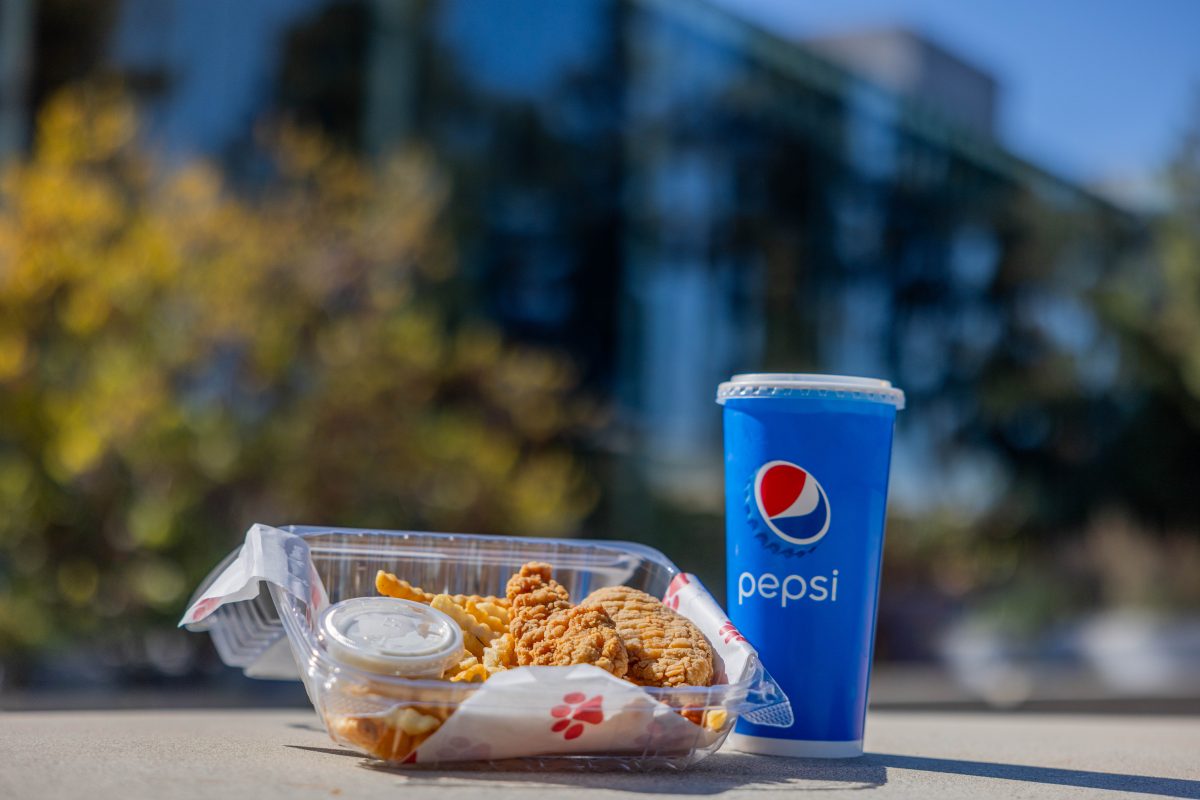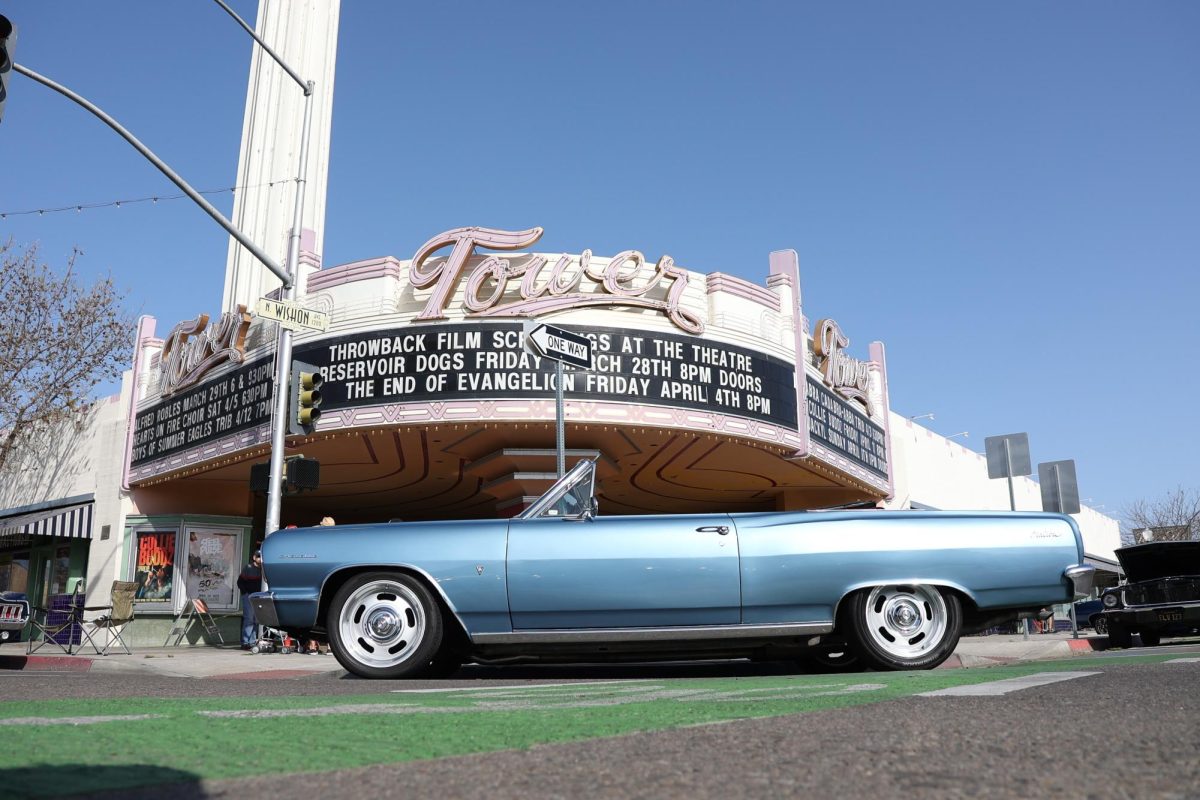A new law in California will significantly raise the minimum wage, but only for fast food workers.
On Sept. 28, California Gov. Gavin Newsom, signed AB 1228, which is a bill that will require all fast food employees in California to be paid $20 an hour. It will take effect on April 1, 2024.
According to the governor’s office, this bill will enact the formation of a Fast Food Council within the Department of Industrial Relations, which will create a process to develop minimum fast food restaurant employment standards. These standards will apply to “wages, working hours and other conditions related to the health, safety and welfare of fast food restaurant workers,” according to a report by Littler.
Local community members and students have mixed feelings about this new law. The average fast food worker is between 23 and 26- years-old, which means that plenty of local college students are directly affected by the new law.
How college students that work on campus will be affected however, is still unclear.
“At this time, we are not fully aware of how this legislation will impact our dining services employees, many of whom are students. We are awaiting further guidance to determine if this legislation will be applicable to our dining services employees who work in our franchise and self-operated dining concepts. This new legislation becomes effective on April 1, 2024,” said Debbie Adishian-Astone, vice president for administration and chief financial officer at Fresno State.
“Wage increases are always a good thing, especially for workers in the fast-food industry. However, there is also always a tradeoff,” said Clyde Alexander Berry, Fresno State computer science major.
Berry mentioned that his daughter is a community college student who works a fast food job.
“She’s excited about the [wage] increase, of course, but she doesn’t understand the tradeoffs yet,” Berry said.
The “tradeoffs” are the perceived economic ramifications of such a bill. Berry mentioned the “cost being passed down to customers by increasing the product prices in order to cover the increase in operating costs,” when explaining what the tradeoffs might be.
“I already avoid fast food due to the prices as they are. If the prices go up any more, I won’t consider it at all,” Berry said.
While some may acknowledge the benefits and drawbacks of this kind of bill, some people only see it as unfair.
“It took me over a year to raise my wages to right around $19 an hour. I don’t see how starting off in fast food should pay you more,” said Raymond Mayers, a local Amazon driver and Fresno City College student.
While arguments can be made about degree of skill, or even the economic output of a certain occupation, it comes down to safety for Mayers.
“Any time you’re driving long distances for a job, you’re probably in a relatively dangerous line of work, especially when you also have to get out and deliver packages,” Mayers said. “I don’t really see an issue with someone at McDonald’s getting paid $20 an hour. I just think that most other jobs deserve those kinds of wages as well.”
While college students who work in fast food will benefit from increased wages, there are certainly college students and non-fast food workers alike who believe that the bill is harmful or unfair.
















